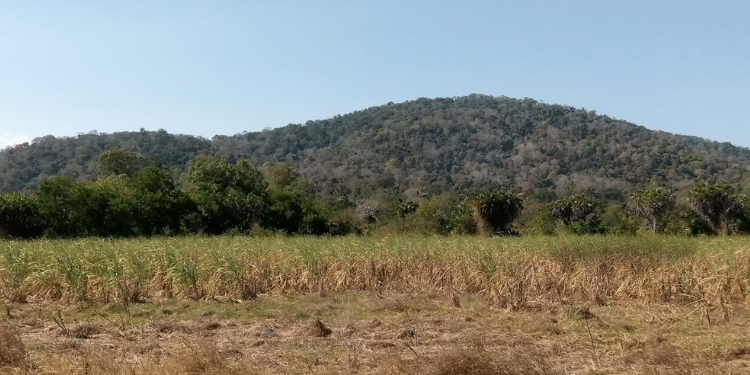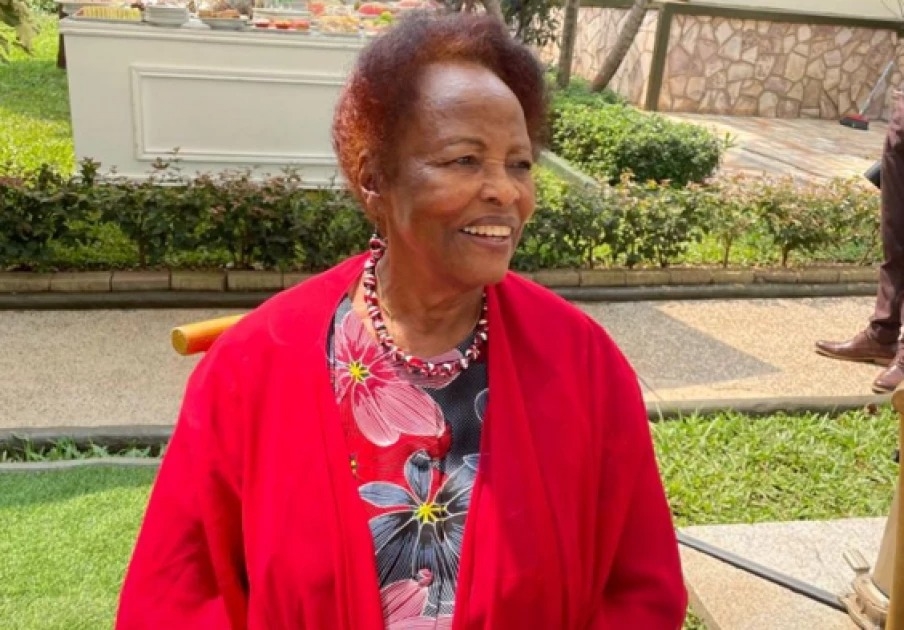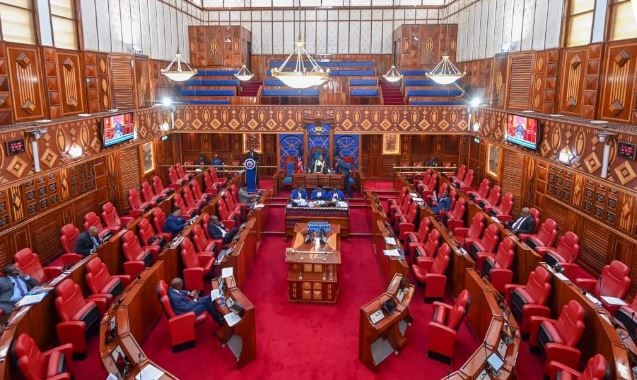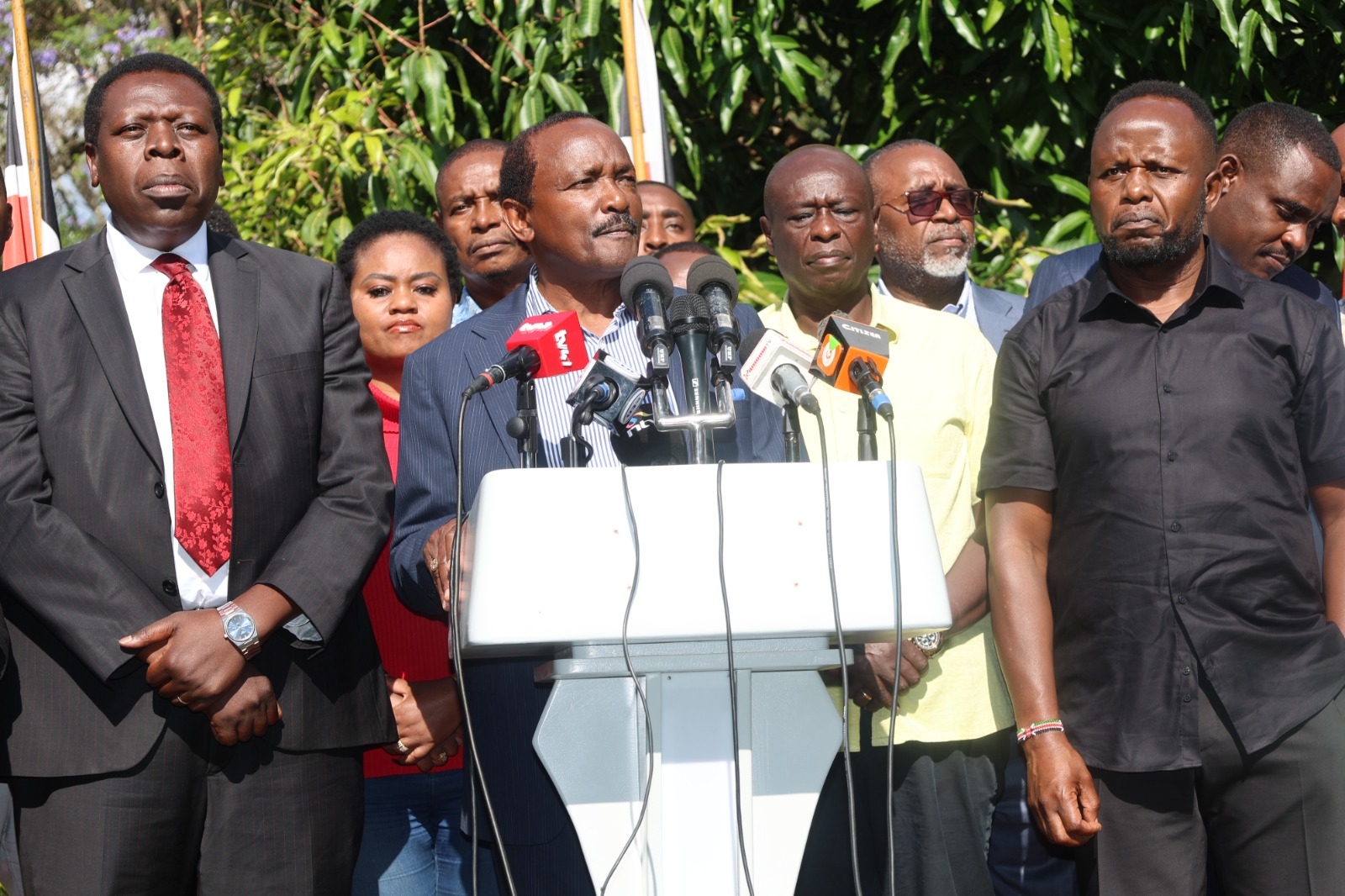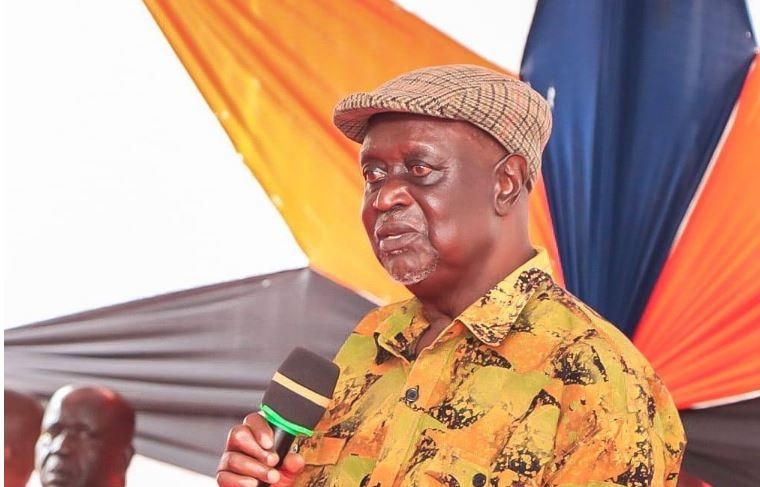The International Centre for Evaluation and Development and the Feed the Future Innovation Lab for Market, Risks, and Resilience (MRR) officially launched an ALL-IN Research Network (ARN).
The research was launched to support African economists to define and lead the future of locally relevant and actionable development research.
ARN serves as a resource to the international development community for actionable research led by African researchers.
ARN supports the creation of locally-led, locally-relevant research agendas, and its engagement with local research institutions leverages their local expertise and relationships with stakeholders and policymakers to share recommendations.
This approach will narrow the gap between national pilot research studies and national program design, increasing the impact of research investments.
“With the growing capacity in African universities and other institutions it’s time for more of our local research partners to take the lead,” said Michael Carter, director of the Feed the Future Innovation Lab for Markets, Risk & Resilience.
“That is the broad purpose of the ALL-IN Research Network, and we anticipate that this work will enhance the relevance and long-term impacts of development research in Africa.”
Michael said ARN provides researchers myriad opportunities to enhance their existing capacity and expand their collaborations, including the formation of peer working groups, training and learning opportunities, a working paper series, and other resources.
“Through the Network, ICED will seek to work closely with researchers and research institutions, including universities, to strengthen their capacities to generate evidence key in attaining sustainable development that works for all in Global South countries,” remarked Dr. David Ameyaw, ICED President and CEO.
While delivering his keynote address at the ARN launch, Kenya’s Dr. Julius Muia, Permanent Secretary at The National Treasury, said Enhancing the capacity of local researchers through ARN is pivotal in achieving evidence-driven development that brings us closer to the attainment of Vision 2030, Africa Agenda 2063 and Sustainable Development Goals.
“As a Ministry, we are proud of our longstanding collaboration with local researchers in transforming the continent,” he continued.
WATCH: The latest videos from the Star



